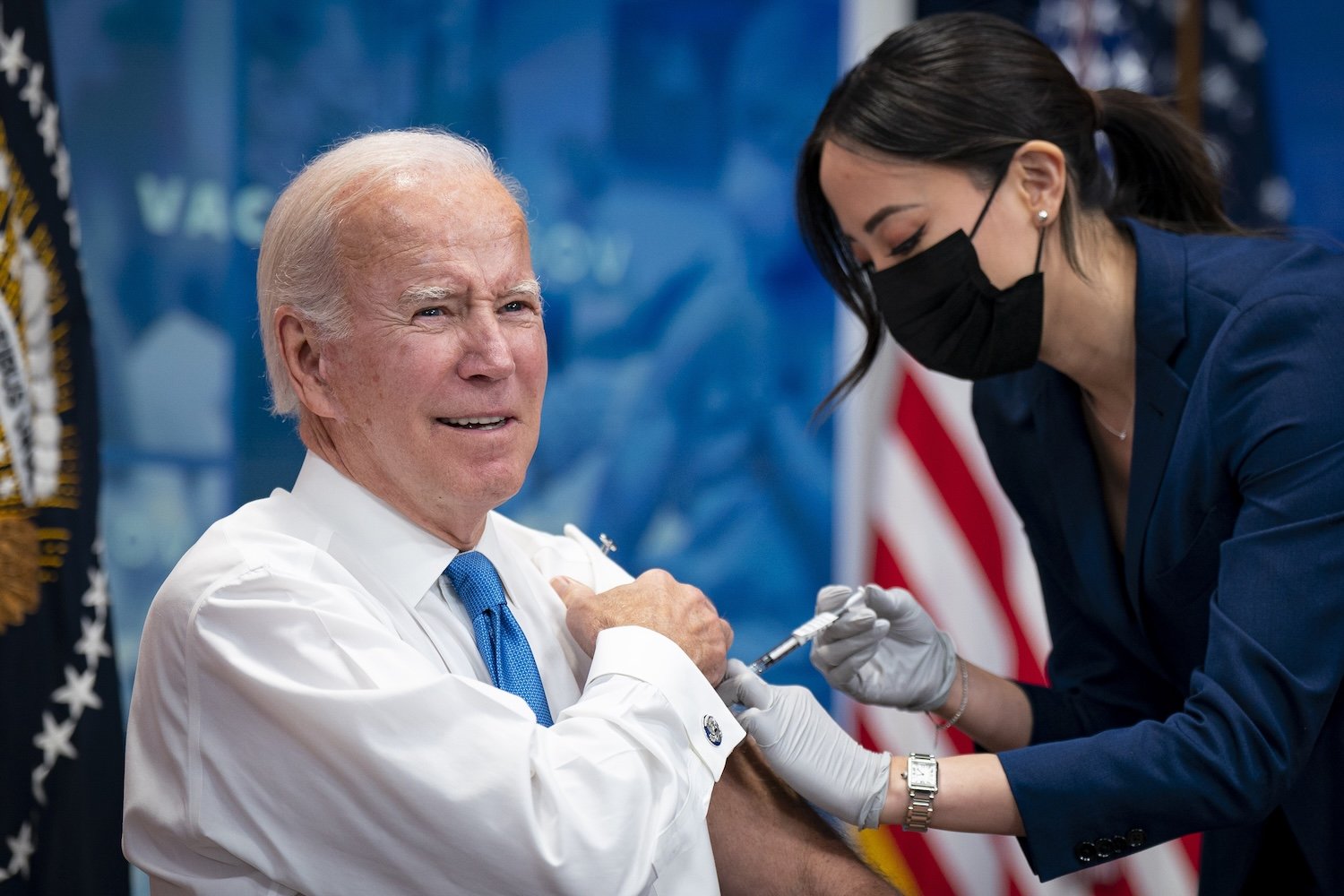New research suggests a compelling connection between common viral infections, particularly herpes simplex-1 (HSV-1), and an increased risk of developing Alzheimer’s disease later in life. A study published Tuesday in BMJ Open, conducted by scientists at Gilead Sciences, analyzed U.S. health insurance records, revealing that individuals with Alzheimer’s disease and related dementias were more likely to have a prior diagnosis of HSV-1. This finding adds to a growing body of evidence suggesting that preventing and treating HSV-1 and similar viruses could be a significant strategy against dementia.
Alzheimer’s disease is the predominant form of dementia, currently affecting approximately 7 million Americans. The majority of cases stem from a complex interplay of environmental and genetic factors. In recent years, numerous studies have pointed to certain infections, including HSV-1, as potential contributors. HSV-1 is the primary agent behind oral herpes, often manifesting as cold sores, although many infected individuals exhibit few or no symptoms. It can also cause genital herpes, though HSV-2 is more commonly associated with that condition. While not every study has corroborated this viral link, the Gilead Sciences team, led by Luke Liu, utilized a large database of U.S. insurance claims—a first for this type of investigation—to explore the association.
Key Findings from the Study
Liu and his colleagues compared the health histories of nearly 400,000 Americans diagnosed with Alzheimer’s against a control group matched for age, sex, and other relevant factors. Although a relatively small fraction of Alzheimer’s patients (just under 0.5%) had a recorded HSV-1 diagnosis, this was still approximately 80% more frequent than in the control group.
The researchers extended their analysis to a wider cohort of individuals with other dementia forms related to Alzheimer’s, observing a similar pattern. They also identified associations between Alzheimer’s and two other herpesviruses: herpes simplex-2 (HSV-2) and varicella-zoster virus (VZV), which causes chickenpox and shingles. Notably, the study found that individuals who received antiviral treatment for their HSV-1 infection were less likely to develop Alzheimer’s compared to those with HSV-1 who did not receive such treatment. Antiviral medications can suppress active outbreaks and shorten their duration, although they do not cure the underlying infection. While observational studies like this cannot definitively prove a cause-and-effect relationship between HSV-1 and Alzheimer’s, the evidence supporting such a connection is mounting.
“Exposure to herpesviruses is likely to be associated with Alzheimer’s disease and other dementia, and antiherpetic medications can be protective against Alzheimer’s and related dementia,” Luke Liu, a virologist at Gilead, communicated to maagx.com.
Understanding the Mechanisms and Contributing Factors
Several important questions regarding this association persist, including the precise biological mechanisms involved. Some research indicates that the brain’s immune system might produce amyloid beta and tau proteins as a defense against herpesvirus infection; misfolded versions of these proteins are hallmark pathological features of Alzheimer’s disease. However, HSV-1 and similar viruses could trigger or accelerate the condition through additional pathways.
It is almost certain that other factors play a significant role, especially considering that a large portion of the population contracts HSV-1 during their lifetime but never develops Alzheimer’s. According to the World Health Organization, roughly two-thirds of the global population under 50 carries HSV-1. The researchers highlight that the HSV-1/Alzheimer’s link appears stronger in older individuals. Furthermore, other studies suggest that people carrying the ApoE-ε4 allele—a genetic variant known to increase Alzheimer’s risk—may also be more susceptible to the effects of HSV-1 infection. Consequently, these viruses are likely one of several contributing factors that can culminate in Alzheimer’s disease.
Implications for Prevention and Treatment
The cumulative evidence strongly suggests that treating or preventing certain infections could meaningfully reduce dementia risk. For instance, several studies have linked shingles vaccination with a decreased incidence of Alzheimer’s. Clinical trials investigating whether antiviral treatments for herpes can lower dementia risk may be warranted, although Liu acknowledges that such research would require substantial resources. Furthermore, ongoing research aims to develop vaccines for HSV-1 and HSV-2, an endeavor that these findings suggest could be even more critical than previously thought. [internal_links] (e.g., to a MaagX article on vaccine technology or public health initiatives if available)
In their paper, the researchers concluded, “These findings place an even greater emphasis on viewing the prevention of herpesviruses as a public health priority.” Addressing these common viral infections could become an important component of a multifaceted approach to mitigating the burden of Alzheimer’s disease and related dementias.











